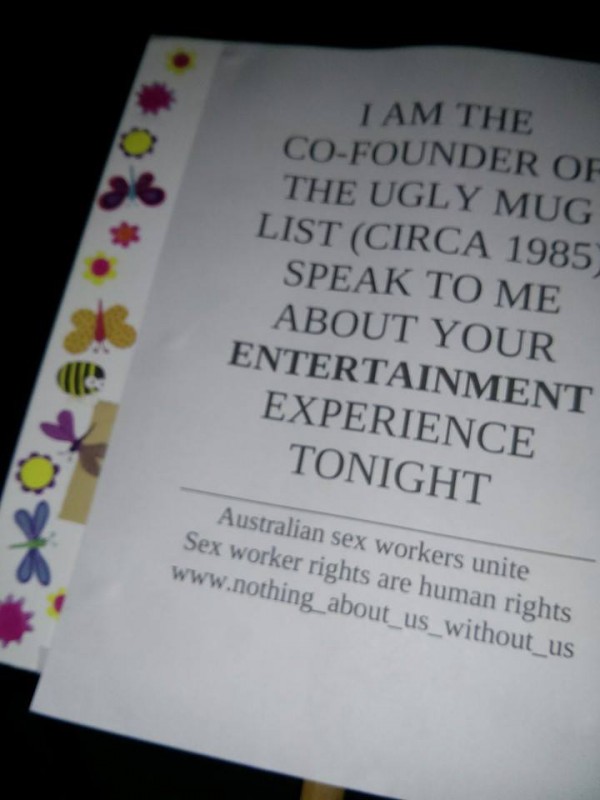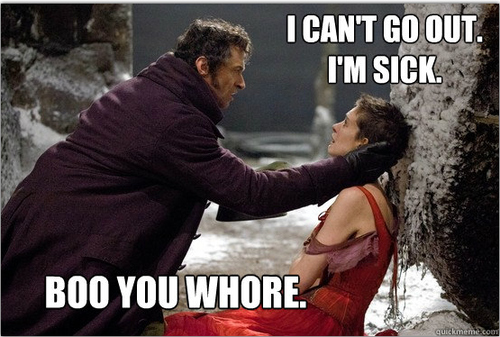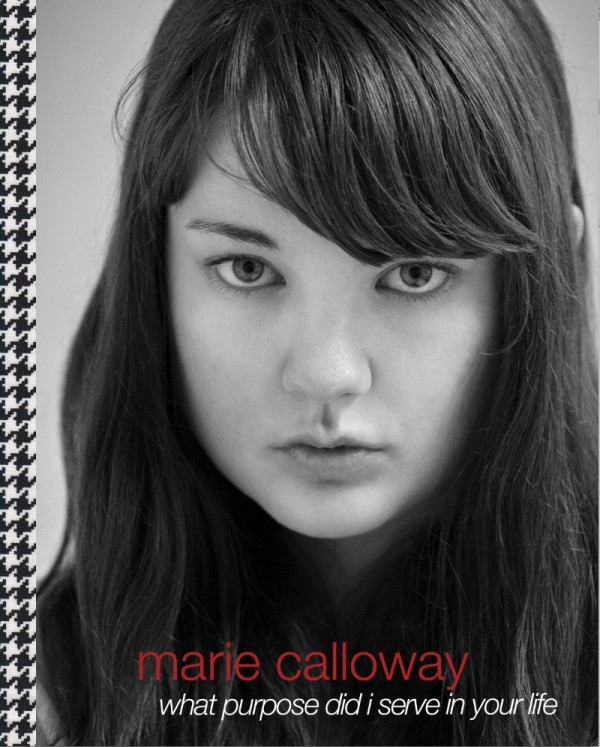Peta Brady’s Ugly Mugs—An Analogy

As a writer, a former sex worker, and someone who has been quite vocal in my writing about the industry, I’ve been approached quite a number of times to write about the play Ugly Mugs by Peta Brady.
I’ve declined each time. Firstly, because I have not seen the play. I’ve only read about it online and read sex workers’ concerns about its content. Secondly, because I wondered how much I could really contribute after reading such powerful and articulate pieces by people such as Jane Green on the subject. But I was asked again, and this time I had just been on the phone to an old friend talking about an incident that happened many years ago. And something inside me clicked, something that made me feel compelled to tell my story.
When I was in high school I had a diary. Like most teenage girls’ diaries it was full of angst and bad poetry, interspersed with observations of the people and situations around me.
I was not a popular girl in school. I had been given the “slut” label very early on and it stuck. I guess, if you were using the vulgar base meaning of the word “slut,” I was one.
I ran around with boys. I liked getting their attention. I was not afraid of sex, sexuality, sexual pleasure, and sexual gratification. I masturbated as often as I could. I watched porn videos and read Playboy magazines.
I was very lucky that despite being shunned and shamed by the “popular kids,” I had a friend, a girl who was pretty much just like me, who shared my obsession with sex and sexuality.
My girlfriend and I would swap my diary back and forth and fill it with our own dirty stories, our fantasies about the different boys (and sometimes girls) that we knew. We would tell our deepest secrets and horniest stories to each other within those pages. We also used it as a way of communicating what others were saying about us. What the rumors were about which girls were going to “fight us” after school. Where they’d said they’d be “waiting for us.” Which boys to stay away from because they were the ones who ran around telling the rest of the school about the things we had done.
It was our little safe haven. Our solidarity. Our secret.
I’m not quite sure how it fell into the wrong hands. I think I had it in my bag at a sleepover party. I don’t know why I would have even taken it with me… but I did. And when I got home the next day I realized it was missing.


 Prior to the publication of her debut novel, Marie Calloway was best known for the stories “
Prior to the publication of her debut novel, Marie Calloway was best known for the stories “